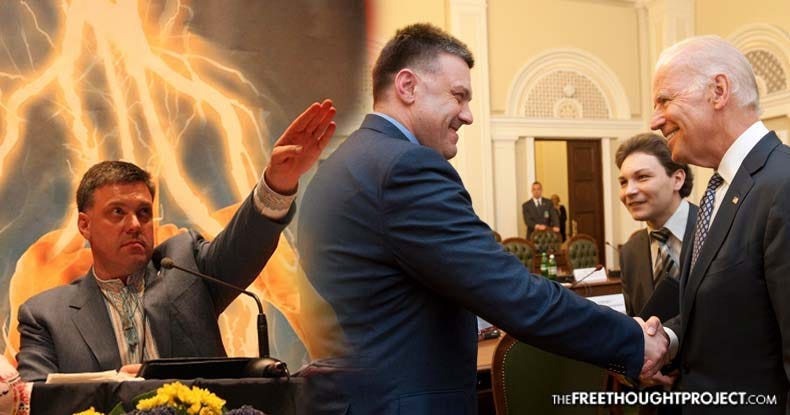As the Soviet Union was dissolving in the early 90s a crucial meeting took place between Soviet leader Mikhail Gorbachev and U.S. Secretary of State James Baker.
They discussed NATO’s future role in a unified Germany. Baker told Gorbachev that “there would be no extension of NATO’s jurisdiction for forces of NATO one inch to the east” and agreed with Gorbachev’s statement that “Any extension of the zone of NATO is unacceptable.”
But, the architect of the U.S. cold war policy, George Kennan, knew something that seems only obvious to imperialists and anti-imperialists, two very different groups who have only one thing in common: They both know how imperialists think.
Kennan knew America eventually would break the agreement and push for NATO expansion east. He warned that “expanding NATO would be the most fateful error in American policy in the entire post-cold war era”.
Of course, NATO began expanding east. In 1999, it absorbed Czech Republic, Hungary and Poland. In 2004, it moved further east, Bulgaria, Estonia, Latvia, Lithuania, Romania, Slovakia and Slovenia. In 2009, it expanded to Albania and Croatia. In 2017, it got Montenegro. In 2020, it expanded further to North Macedonia.
The promise was “not one inch to the east” but decades later NATO was right there on Russia’s border with nuclear missiles pointed straight at Moscow.
This aggressive expansion has caused decades of worry among Russians. As a people they still remain deeply traumatized by the massive Nazi invasion during WW2 that killed 27 million Soviet soldiers and citizens.
The war left them in a catastrophic state of ruin, an entire country reduced to a barren wasteland. And despite their successful effort to rebuild their nation, their anxiety for Western military aggression has never gone away.
It affected every family in Russia. Its legacy has had an impact on successive generations of Soviets and Russians. Forty years after the war, in 1981, Soviet war veteran and poet Yuri Levitansky wrote:
«I don’t still dwell on that past war,
the war still dwells inside of me,
and tongues of the Eternal Flame
are licking at me steadily.»
And so we have Ukraine, one of the few remaining buffer states that acts as a shield between Russia and the expansionist West. All of that changed in 2014 when a collusion of the CIA, british intelligence, Ukrainian neo-nazis and rebels committed a bloody and violent coup in the country, ousting a democratically elected pro-Russian government lead by Victor Yanukovich. Immediately, the State Department and Washington DC began lobbying for NATO expansion into Ukraine as well.
9 million Russians live in Ukraine. When they objected to the coup and began protesting, they were beaten, maimed and arrested. 13,000 people have been killed by the Ukrainian puppet government. And so, Russia had a question to answer:
When do we say “enough is enough” to NATO and to the West? Their answer was now. Russia has built up a presence of 100,000 soldiers near Ukraine’s eastern border. The Western press has thrown deranged fits, claiming that Russia is going to invade and annex the country. Of course, that is not Russia’s intention. The military presence is there to force a question:
Will you stop expanding towards our border? That is the Russian question. If NATO today states that they no longer want to absorb Ukraine or meddle in Ukrainian affairs, this manufactured crisis is over.
Consider this: Russia opened nuclear bases in Cuba, Canada and Mexico, encircling America. What would the U.S. reaction be? We already know what that scenario would look like because this did happen in Cuba and the American regime were mere seconds away from starting a nuclear armageddon over it.
American foreign policy presupposes that America has a right to play by its own rules. The demonization of Russia stems from an outrage that anyone would dare challenge this world order.







